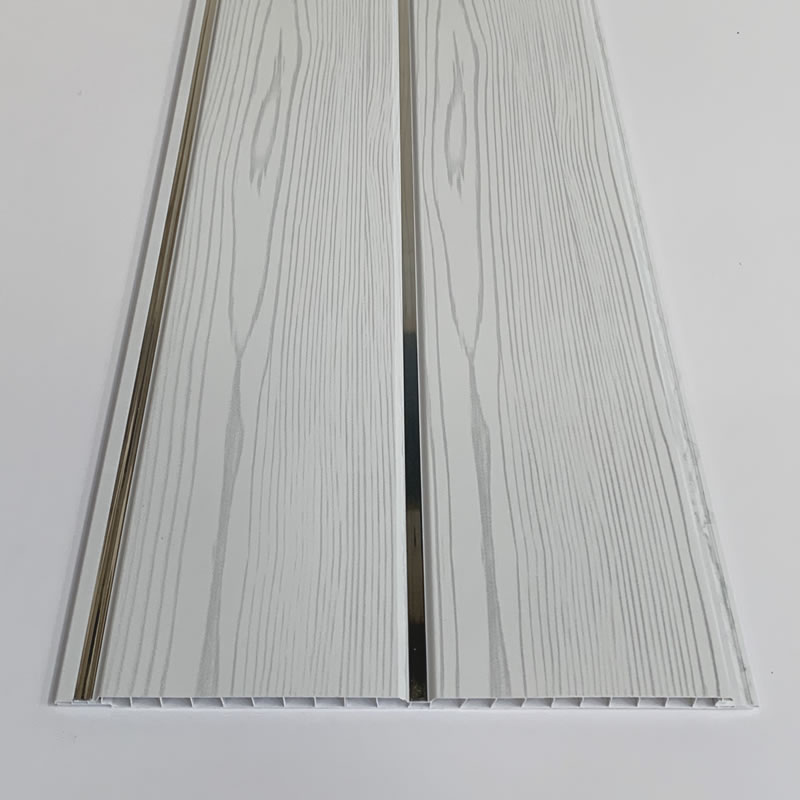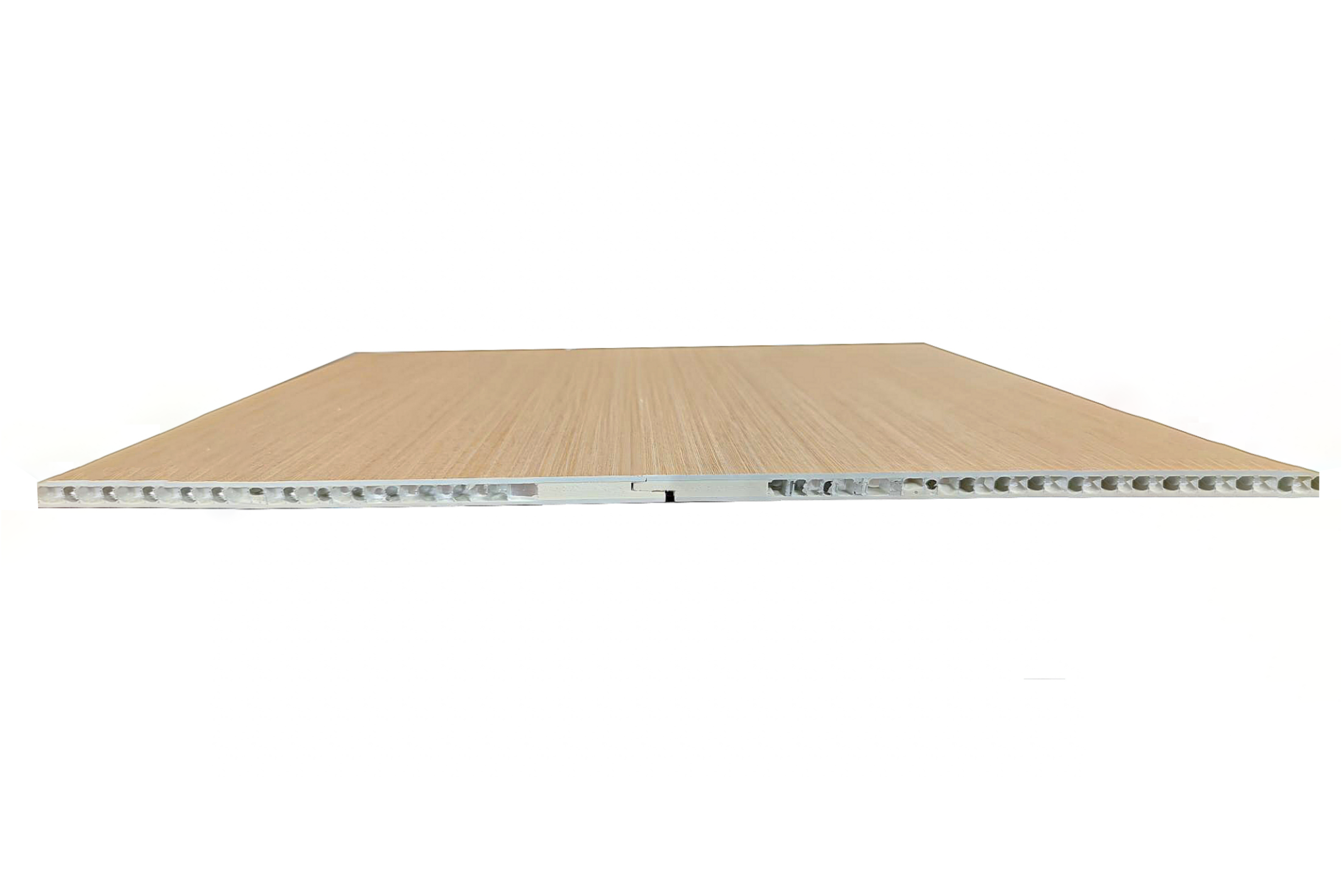Exploring the Pros and Cons of PVC Sheets: A Comprehensive Analysis

PVC sheets, also known as polyvinyl chloride sheets, have gained significant popularity in various industries due to their versatility and durability. However, like any other material, PVC sheets come with their own set of advantages and disadvantages. In this blog post, we will delve into the pros and cons of PVC sheets, providing you with a comprehensive analysis to help you make informed decisions.
Pros of PVC Sheets:
- Durability and Longevity:
One of the key advantages of PVC sheets is their exceptional durability. PVC is a robust material that can withstand harsh weather conditions, making it suitable for both indoor and outdoor applications. Whether it's for construction, signage, or packaging, PVC sheets offer long-lasting performance, reducing the need for frequent replacements. - Versatility:
PVC sheets are highly versatile and can be customized to meet specific requirements. They can be easily cut, shaped, and molded into various forms, making them suitable for a wide range of applications. From window frames and doors to electrical insulation and automotive components, PVC sheets offer flexibility in design and functionality. - Low Maintenance:
Another benefit of PVC sheets is their low maintenance requirements. Unlike other materials, PVC sheets are resistant to moisture, chemicals, and UV radiation, making them easy to clean and maintain. This makes them an ideal choice for applications where hygiene and cleanliness are crucial, such as in healthcare facilities and food processing industries. - Cost-Effective:
Compared to many other materials, PVC sheets are relatively affordable. The production process of PVC sheets is cost-effective, making them a budget-friendly option for various industries. Additionally, their durability and low maintenance requirements contribute to long-term cost savings, making PVC sheets a cost-effective investment.
Cons of PVC Sheets:
- Environmental Concerns:
One of the main drawbacks associated with PVC sheets is their environmental impact. PVC is derived from fossil fuels and is not biodegradable, leading to concerns about its contribution to pollution and waste. Additionally, the manufacturing process of PVC sheets involves the release of toxic chemicals, which can have adverse effects on the environment and human health. - Fire Hazard:
PVC sheets have a relatively low ignition point and can release toxic gases when burned. This poses a fire hazard and can be a safety concern, especially in applications where fire resistance is crucial. It is important to consider fire safety regulations and choose appropriate fire-resistant PVC sheets when required. - Limited Temperature Range:
PVC sheets have a limited temperature range in which they can perform optimally. Extreme heat or cold can cause PVC sheets to warp, crack, or lose their structural integrity. Therefore, it is essential to consider the temperature conditions of the intended application and choose PVC sheets accordingly. - Recycling Challenges:
While PVC sheets can be recycled, the process is more complex compared to other materials. The presence of additives and contaminants in PVC sheets can hinder the recycling process and limit the availability of recycling facilities. Proper disposal and recycling of PVC sheets are essential to minimize their environmental impact.
Conclusion:
PVC sheets offer a range of advantages, including durability, versatility, low maintenance, and cost-effectiveness. However, it is important to consider the environmental concerns, fire hazards, limited temperature range, and recycling challenges associated with PVC sheets. By weighing the pros and cons, individuals and industries can make informed decisions regarding the use of PVC sheets, considering both their functional requirements and environmental responsibilities.

